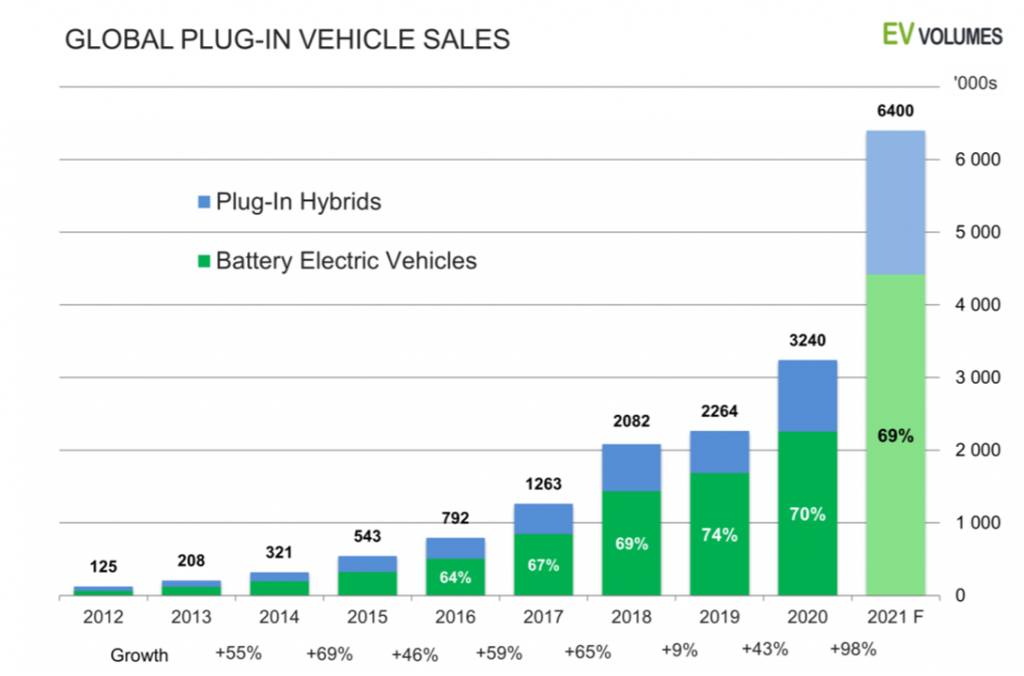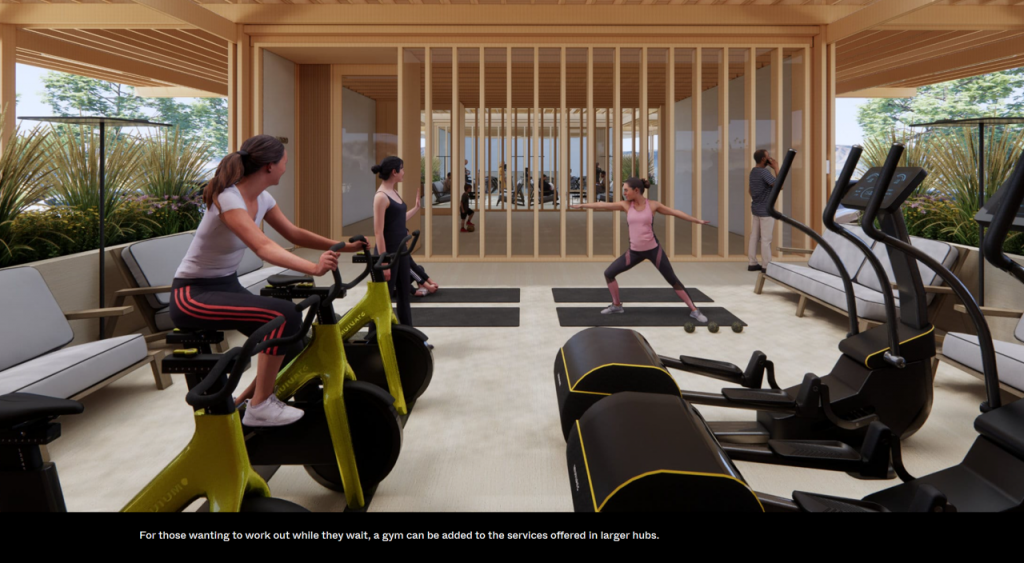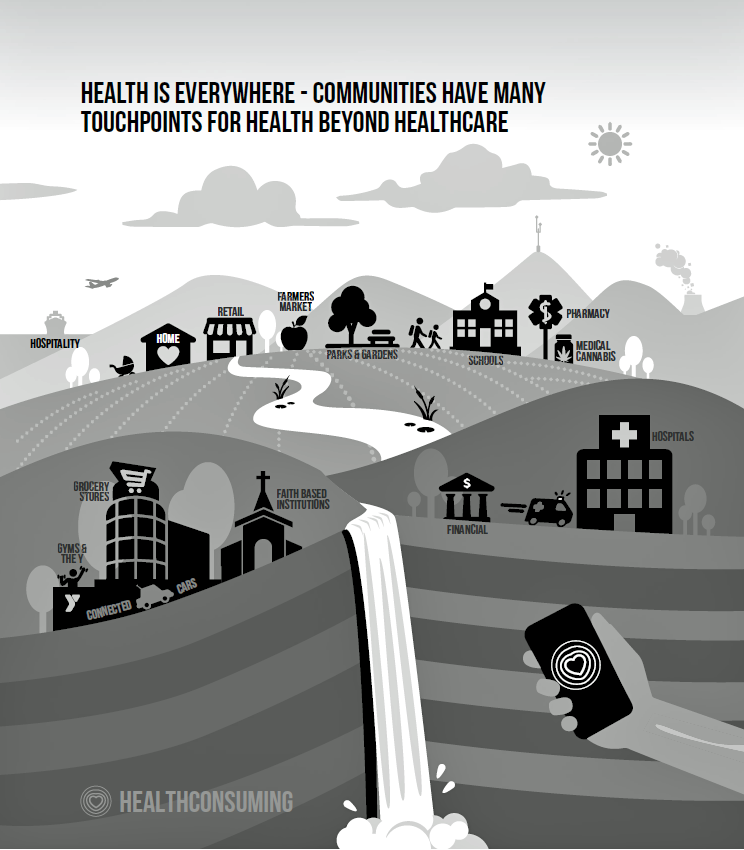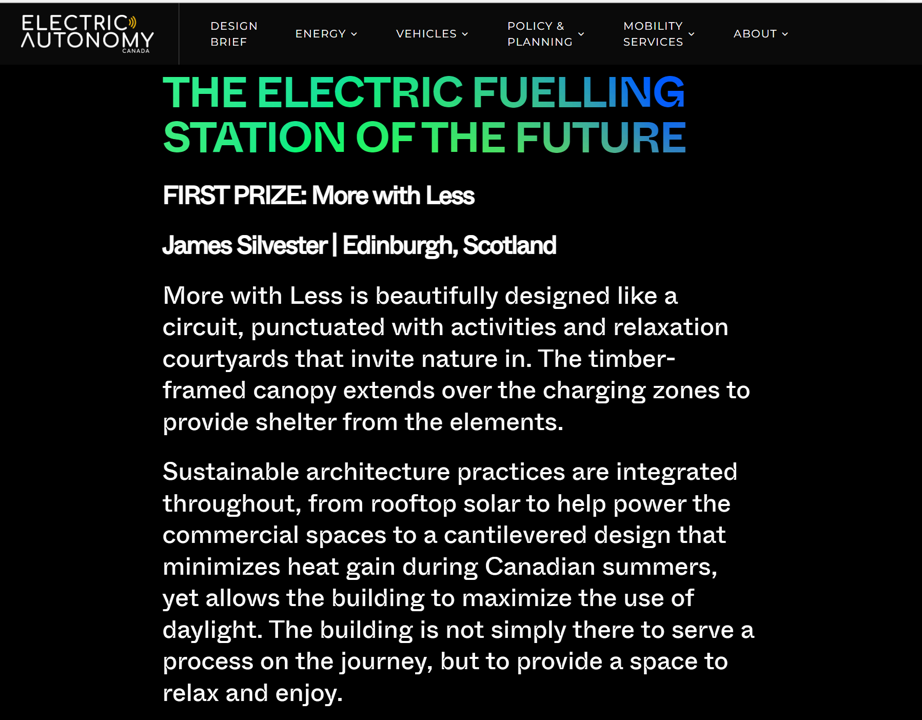Health care must confront its role in the climate crisis, a JAMA viewpoint asserted on January 31, 2022. Dr. Kenneth Kizer and Dr. Kari Nadeau recommended that, “Instead of contributing to climate change, health care as an enterprise could become a model for environmental sustainability.”
This ethos was called out at the recent COP26 UN Climate Conference which resulted in a portfolio of health care initiatives for providers, globally, to address climate change as a macro determinant of health.
 Consumers — now morphing into health citizens — also can (and should) play starring roles in doing what we can in daily life behaviors and purchasing decisions. One of these big choices is consumers’ adoption of electric vehicles (EVs), By late 2021, four in ten gasoline-powered car owners were likely to consider switching to an EV, according to research from the Consumer Technology Association.
Consumers — now morphing into health citizens — also can (and should) play starring roles in doing what we can in daily life behaviors and purchasing decisions. One of these big choices is consumers’ adoption of electric vehicles (EVs), By late 2021, four in ten gasoline-powered car owners were likely to consider switching to an EV, according to research from the Consumer Technology Association.
Finding charging stations is not universally easy nor a particularly pleasant consumer experience.
Enter, then, Electric Autonomy Canada who issued a call for proposals for a competition to imagine the electronic fueling station of the future.
The contest was sponsored by Electric Autonomy Canada partnering with Parkland, one of The Americas’ largest independent supplier and marketer of fuel and petroleum products and a leading convenience store chain. Parkland also partnered with Cadillac, CIBC (the bank), and Dentons (a law firm).
The terms of reference for the competition called on…
“Architects, landscape architects, engineers, designers and cross-disciplinary practitioners to reimagine the highway gas station of today as an entirely new Canadian roadside oasis for electric vehicles, where travellers can rest, play, eat, refuel and more.”
 That “more” included health and wellbeing, based on the first place award-winner from architect James Silvester of Edinburgh, Scotland. His concept was titled “More With Less.”
That “more” included health and wellbeing, based on the first place award-winner from architect James Silvester of Edinburgh, Scotland. His concept was titled “More With Less.”
Silvester’s plan embedded many aspects that help make health, including a fitness space featuring treadmills and yoga mats, green spaces for rest and relaxation (akin to a sweet pocket park), and a food area (note that Parkland is a C-store chain, recently acquiring the upscale M&M Food Market group that operates in Canada), and WiFi connectivity, all embedded within a solar energized wellness-inspired physical infrastructure.
Parkland is looking to build the electric charging station of the future, explained in this press release from the company.
As such, Parkland joins a growing movement among C-stores and other retail formats to extend the health/care ecosystem…here, to include the operational health of our automobiles, complementing our own health and well-being.
You can experience the first place concept More With Less here in this lovely video.
Health Populi’s Hot Points: “Our hope is that this competition will spark a holistic rethinking of the refuelling experience and explore the opportunities presented by the electrification of our infrastructure,” said Nino Di Cara, Founder & President at Electric Autonomy Canada.
 The same could be said about a holistic rethinking about health care, couldn’t it?
The same could be said about a holistic rethinking about health care, couldn’t it?
Health is made where we live, work, play, pray, learn, shop….and refuel or re-charge our automobiles, as James Silvester imagines in his fantastic vision for the future of charging electric cars.
Charge your car, charge your-self.
I explored such futures for health care, everywhere, in my book, HealthConsuming: from Health Consumer to Health Citizen. Check out the chapters on digital health and the growth of retail health, and you could add in an image from Silvester’s pitch deck.
And speaking of health citizenship, note that just below their wish to not have to pay for gasoline or their car needing less maintenance, one in four consumers told CTA that “doing my part to reduce global warning” was a favorite aspect of owning an EV.
Thanks to James, Nino, and the imaginations of designers in and beyond health/care, we are getting there.





 Interviewed live on BNN Bloomberg (Canada) on the market for GLP-1 drugs for weight loss and their impact on both the health care system and consumer goods and services -- notably, food, nutrition, retail health, gyms, and other sectors.
Interviewed live on BNN Bloomberg (Canada) on the market for GLP-1 drugs for weight loss and their impact on both the health care system and consumer goods and services -- notably, food, nutrition, retail health, gyms, and other sectors. Thank you, Feedspot, for
Thank you, Feedspot, for  As you may know, I have been splitting work- and living-time between the U.S. and the E.U., most recently living in and working from Brussels. In the month of September 2024, I'll be splitting time between London and other parts of the U.K., and Italy where I'll be working with clients on consumer health, self-care and home care focused on food-as-medicine, digital health, business and scenario planning for the future...
As you may know, I have been splitting work- and living-time between the U.S. and the E.U., most recently living in and working from Brussels. In the month of September 2024, I'll be splitting time between London and other parts of the U.K., and Italy where I'll be working with clients on consumer health, self-care and home care focused on food-as-medicine, digital health, business and scenario planning for the future...